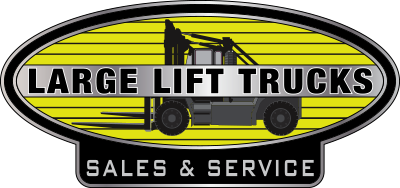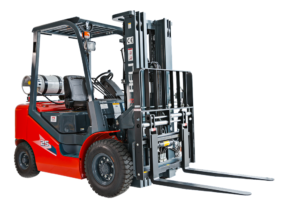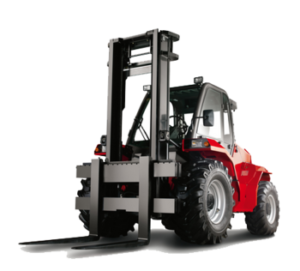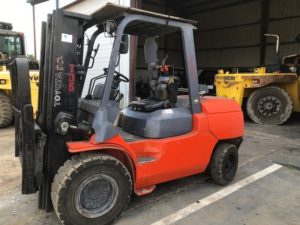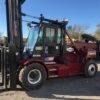How Can A Clean Forklift Increase Your Warehouse Productivity?
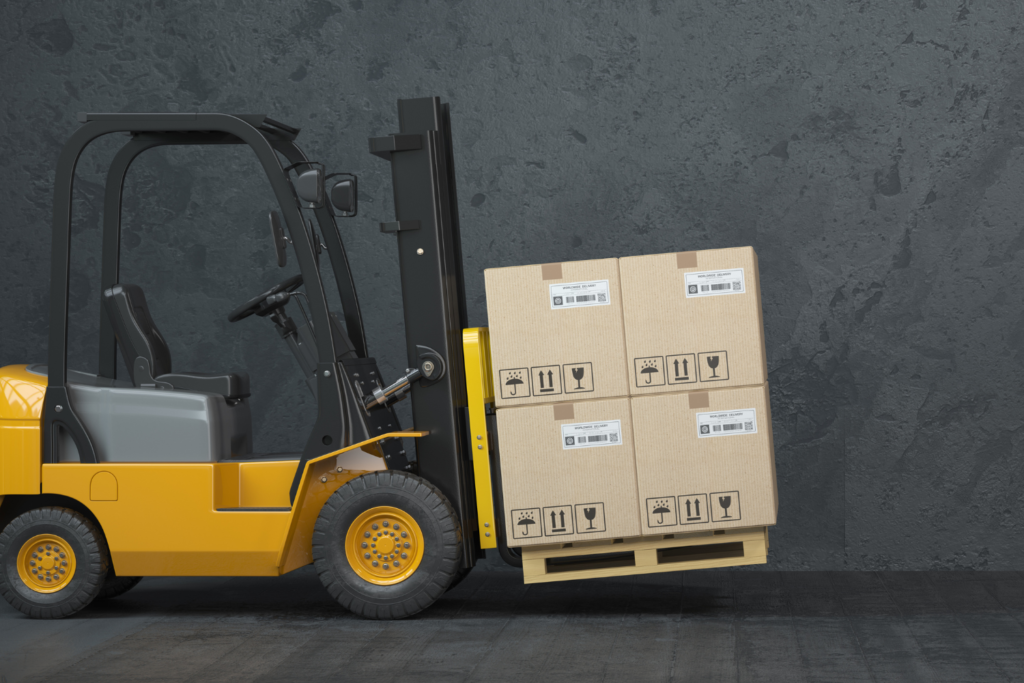
Introduction
Here’s a scenario! You’re in a busy warehouse with workers rushing back and forth to fulfill orders and be efficient.
Amidst the chaos, you notice a forklift covered in dirt and debris, with scuff marks and scratches all over. It might not seem like a big deal, but this dirty forklift could be hurting your warehouse’s productivity.
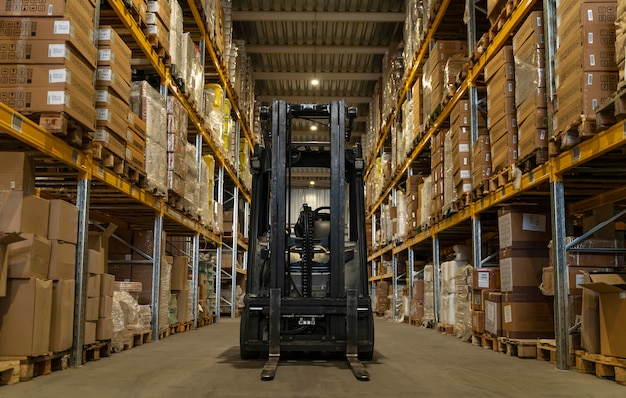
Wondering why? Any forklift, if left uncleaned or not properly maintained, goes through what most types of equipment experience, regular wear, and tear.
And like any device that is not adequately maintained, it will cause delays, accidents, and a host of other problems unless it is maintained and cleaned correctly. As per National Safety Council, forklifts were the cause of 70 work-related deaths and led to 7,290 nonfatal injuries.
In this blog, we’ll take a closer look at why clean forklift matters and share tips on how to keep your forklift in top condition.
Benefits Of A Clean Forklift
Think cleaning your forklift regularly is not a priority? A clean forklift helps improve efficiency, reduces risks of accidents or breakdowns, and improves the longevity of the equipment.
Some of the benefits of a clean forklift include the following:
Improved Safety
When a forklift is covered in dirt and debris, it can create slipping or tripping hazards for workers and obstruct the operator’s view, making it harder to navigate through the warehouse.
Keeping your forklift clean can help eliminate these safety hazards.
Enhanced Efficiency
Dirt and debris can cause friction and wear and tear on the equipment, leading to breakdowns and malfunctions.
Keeping your forklift clean and well-maintained can reduce the risk of these issues, which can help improve productivity and reduce downtime.
Improved Lifespan
Forklift cleaning is not just about ensuring it looks good; it also involves maintenance and proper care for the equipment.
When the forklift is cleaned and properly maintained, it is less likely to experience damage or wear and tear, which can extend its lifespan. This can save you money in the long run, as you won’t have to replace your forklift as often.
Better Aesthetics
This may sound mundane, but a clean forklift can create a more professional and organized appearance in your warehouse. This can help boost employee morale and create a better impression on clients or visitors to your facility.
Tips For Maintaining A Clean Forklift
Ready to make forklift cleaning and maintenance a priority in your warehouse? Here are some tips for keeping your forklift clean and well-maintained.
By following these tips for maintaining a clean forklift, you can help ensure the safe and efficient operation of your equipment. To keep your forklift clean and well-maintained, do the following:
Follow A Regular Cleaning Schedule
Schedule regular cleaning sessions for your forklift to remove dirt, debris, and any other build-up that may occur during daily use.
Use a pressure washer or brush to clean the forklift’s exterior, including the wheels, undercarriage, and engine bay.
Clean Any Spills Immediately
A common mistake is to leave spills or leaks for later, which may damage the forklift or even lead to hazards. In addition, warehouses often store materials that can cause damage, such as toxic chemicals, oils, or other materials. The fumes from these can be harmful. Worse, if they come in direct contact with humans, they can lead to health risks.
So make sure that when any spillage occurs, you clean it immediately. The specific cleaning methods for a forklift may vary depending on the make and model. Standard methods include using a pressure washer, wiping down surfaces with a cloth or sponge, and using specialized cleaning products designed for use on forklifts.
This will ensure that the spills do not leave any permanent damage on the forklift and don’t get absorbed by the cushions. You should even consider painting your forklift after long-term usage, as this helps your workers to identify any spillage easily and protect the machine from rush or other damage.
Inspect Damages
Regularly inspect your forklift for any damage, such as cracks or dents. If you notice any issues, address them immediately to prevent further damage and ensure safe operation.
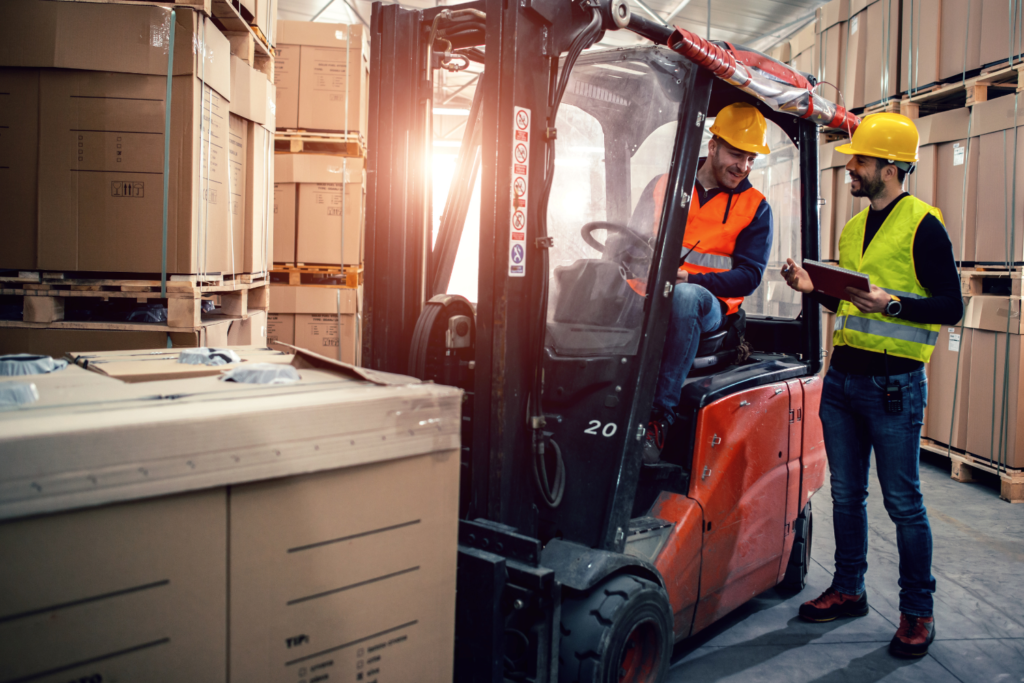
Check And Replace Fluids
Regularly check the levels of fluids, such as coolant, oil, and brake fluid, to confirm that they are at accurate levels. Then, add or replace fluids as needed to prevent any issues with forklift performance.
Maintain The Battery
If your forklift is electric, ensure the battery is properly maintained. Regularly check the battery’s charge level and add distilled water if necessary to keep the battery functioning properly.
Follow manufacturer recommendations: Always refer to the manufacturer’s recommendations for maintenance and cleaning schedules. These guidelines will provide specific instructions for maintaining your forklift and ensuring its safe and efficient operation.
Four Ways To Optimize Your Warehouse For Forklift Efficiency
Think cleaning a forklift is all it takes to improve warehouse efficiency? Not even close!
A clean and well-maintained forklift is essential for efficient warehouse operations, but other factors should be considered when optimizing forklift efficiency. The four crucial ways you can achieve this are:
Optimizing Your Warehouse Layout
Since 2021, the number of preventable death rate has increased to 3.1 per 100,000 workers in 2021. This is a 14% increase since 2011 and has a lot to do with warehouses not taking safety precautions in mind. The layout of your warehouse is one area that can have a significant impact on forklift efficiency and help reduce risks.
By arranging products and equipment in a logical and efficient manner, you can reduce the time it takes for workers to move around the warehouse and transport items with the forklift. This helps improve productivity and reduces the risk of accidents.
Implementing Cleaning And Maintenance Schedules
Regular maintenance is essential for keeping your forklift running at peak performance.
By implementing and sticking to a maintenance schedule, you can reduce the risk of breakdowns and malfunctions that can cause delays and downtime.
Training Your Staff
Proper training is crucial for efficient forklift operation. Workers should be trained on how to use the forklift properly, as well as how to handle loads safely and efficiently.
This can help reduce the risk of accidents and damage to the forklift and ensure that tasks are completed quickly and accurately.
Consider Upgrading Technology Or Using Alternative-Fuel Options
There are a variety of technological tools that can help improve forklift efficiency, such as barcode scanners and RFID tags. These tools can help workers quickly and accurately identify and locate products, reducing time to complete tasks and minimizing errors.
Additionally, there are multiple types of forklift fuel, which you can consider if you are upgrading your warehouse. By considering alternative fuel options, you can reduce your environmental impact, improve worker safety, and save money on maintenance and fuel costs.
For example, switching to an electric or hybrid option could help improve efficiency and reduce costs if you’re using a gas or diesel-powered forklift. Electric forklifts are quieter, produce zero emissions, and require less maintenance than gas-powered models.
Conclusion
From reducing safety hazards and minimizing downtime to improving productivity and extending the lifespan of your equipment, maintaining a clean forklift should be a top priority for any warehouse manager. This is supported by the findings of the Occupational Safety and Health Association (OSHA), which mentions that 70% of forklift accidents can be prevented by providing proper safety training and implementing stringent policies.
It’s easy to overlook the importance of forklift cleanliness and maintenance, but doing so can seriously affect your workplace. By following the tips outlined in this blog and prioritizing forklift cleanliness and maintenance in your workplace, you can create a safer, more efficient, and more successful warehouse for you and your team.
If you need help managing your warehouse or optimizing efficiency, do not hesitate to contact our team of experts at Large Lift Trucks. With over 40 years in the business, we know and understand the industry and can better fit your forklift needs. Plus, you can find a variety of forklifts right under one roof, be it HOIST, HYSTER, TAYLOR, TOYOTA, or NISSAN.
So get in touch today, and let our experienced staff help you find the right forklift and suggest the right processes to help improve your warehouse efficiency and safety.
FAQs
- What is the importance of keeping your forklift clean?
There are multiple reasons for keeping the forklift clean. Firstly, a clean forklift provides clear visibility to the driver and thus reduces the chances of any accidents. Secondly, it can help improve efficiency and reduces the likelihood of breakdown or malfunctions. Thus, it helps extend the lifespan of the forklift and reduces maintenance costs.
- How often should a forklift be cleaned?
This depends on the usage and environment that you operate in. For example, if the forklift is used outdoors in highly dusty surroundings, it should be cleaned weekly or biweekly. Otherwise, monthly cleaning is okay.
- What are some best practices for maintaining a clean forklift?
Some best practices for maintaining a clean forklift include establishing a regular cleaning schedule, training operators on proper cleaning techniques, and conducting regular inspections to identify any issues that may need attention. It’s also essential to use the right cleaning products and follow the manufacturer’s guidelines for maintenance and upkeep.
- How can I improve my forklift efficiency?
To improve the efficiency of your forklift, make sure you follow a proper maintenance and usage process. Use the forklift for the right tasks, ensure it is only loaded to its max capacity to avoid accidents or damage, and regularly prioritize maintenance and cleaning.
- Are there any legal requirements for forklift maintenance and cleaning?
Although no direct regulations mention specific processes to clean and maintain a forklift, employers are responsible for ensuring workplace safety. An unclean forklift can cause accidents and be a potential hazard in the workplace.
